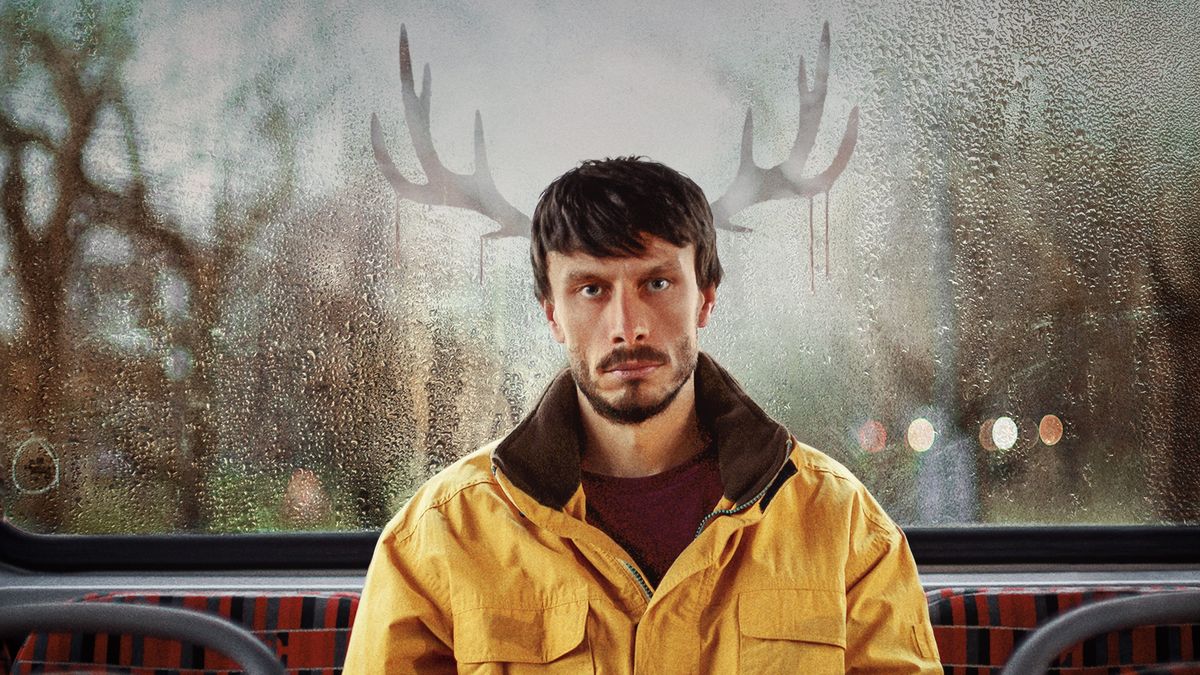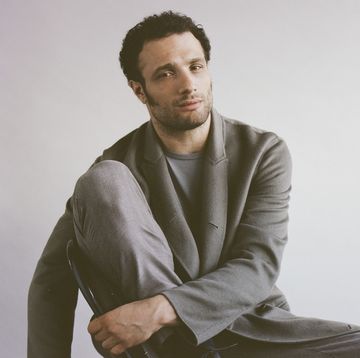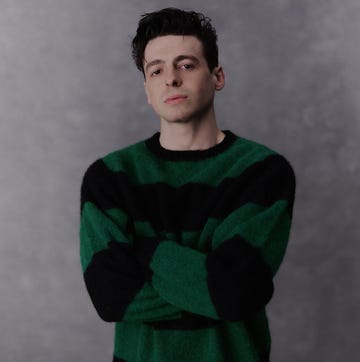Anyone coming to the new Netflix drama, Baby Reindeer, with hopes of a cutesy rom-com befitting its name are in for a serious shock. There is absolutely nothing light-hearted about this tale of a comedian being harassed by a female stalker and the unfolding abuse that follows it.
It’s also a true story, based on comedian (and writer-actor) Richard Gadd’s own experiences at the hands of a stalker and a sexual predator in his twenties. He plays himself, as the fictionalised character Donny Dunn, in the Netflix series.
Since the seven-part series release on 11 April, it has shot to the top of Netflix’s most watched charts across the world, with fans eager to find out both the true story behind the show. Viewers have also been eager to confirm that Gadd is coping okay with his most intimate secrets being laid out on screen. “I am okay, for those asking,” he reassured concerned commenters on Instagram. “I promise.”
But with the series finishing on a somewhat ambiguous note, let’s break it all down to what it really means:
In episode seven, after his stalker Martha Scott (played by Jessica Gunning) sends him a violent voicemail, threatening Donny and his family, she is arrested, sent to court and after pleading guilty, she receives nine months in prison and a five-year restraining order. “And there in that courtroom”, Donny says, “that was the last time I ever set eyes on her.”
But despite his harasser being behind bars, Donny has a further breakdown. He becomes obsessed himself with her, detailing and picking apart her character and actions like an investigative detective, until his ex, Keeley, tells him it’s not healthy. He moves back into the house with Keeley’s mum.
With one problem lifted, he then tackles another massively traumatic event of the past: being groomed and raped by Darrien (played by Tom Goodman-Hill), a TV writer who was acting as a mentor to Donny. In the show, Donny goes back to the scene of the crime to see Darrien once again, presumably with the intention to confront him.
Instead, he falls back into their familiar routine. After a cup of tea and a chat in which they laugh about Donny’s nightmare flatmates, Donny says nothing about the rape, and neither does Darrien. It’s like it never happened – Darrien tells him he saw the video and it was “really brave”; does he not identify himself in the video? – and rather than getting closure, Donny is gaslit about the situation. He’s offered a writing job (“It won’t be like last time,” Darrien says, possibly the only acknowledgment Donny’s going to get), and he replies “I’d love that”, but has a breakdown after leaving his flat. Like in I May Destroy You, in which Michaela Coel imagines finally confronting her sexual attacker, both survivors realise that they’re never going to get a satisfactory response from the predators that explains why they did what they did. Unfortunately, life’s not that neat and tidy, and it once again reminds us that while we’re watching a TV show, it is very much based in the real world, and real events.
Donny then begins to listen to Martha’s old voicemail messages, and goes to a pub to order a drink: vodka and coke – a hark back to Martha always ordering diet Coke – and he listens to her explain why she called him Baby Reindeer. It was a toy that was “the only good thing in her childhood”. As he sobs listening to the message, he realises that he hasn’t got the money to pay for the drink, and the barman says not to worry, it’s on him. This ambiguous ending seems to both nod at the cyclical nature of abuse – by setting up the same beginning of how Martha began stalking Donny – and by suggesting that mental health is a slippery slope, potentially taking anybody to that point of desperation.
Speaking with Radio Times, Gunning, who plays Martha, said: “When I read it [the final scene], I actually got goosebumps, because I thought, 'What a clever way to end this.' It’s a broken guy, really, like she was in a sense, being offered this act of kindness, and I think he’s just got an insight into what that meant at that moment.”
Gadd added to Radio Times that the final scene is open to interpretation: “I quite like the ambiguity of the ending, I sort of don't want to put a meaning on it. I think it can be interpreted in a lot of different ways. I know what it is in my head – that ending's my favourite thing in the whole series, the way it ends. From plugging in the headphones to going all the way to the end, hearing the voicemail, looking up, that's my favourite bit in the whole series. I think it can be interpreted in multiple ways, and I like that it can. I'm quite keen to see what people think, actually.”
Rape Crisis offers support for those affected by sexual abuse; call them on 0808 802 9999 in England and Wales, 0808 801 0302 in Scotland, and 0800 0246 991 in Northern Ireland, or visit www.rapecrisis.org.uk.













